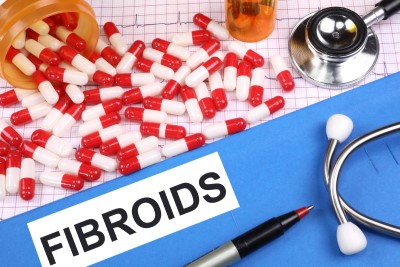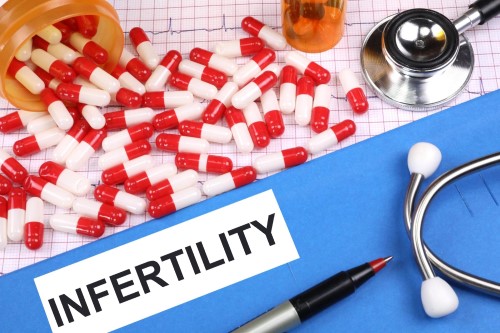
Many
women experience pelvic pain, heavy periods, or bloating, only to
discover the cause is a fibroid or an ovarian cyst.
Though these are common and often harmless, they can sometimes cause serious
discomfort or affect fertility.
Let’s
understand what they are and when to seek help.
What Are Uterine Fibroids?
Fibroids are non-cancerous growths that develop in or around the
uterus. They vary in size — from tiny and unnoticeable to large enough to distort
the uterus.
Common symptoms include:
- Heavy or
prolonged periods
- Pelvic pain
or pressure
- Frequent
urination
- Backache or
leg pain
- Difficulty
conceiving (in some cases)
Causes:
The exact cause is unknown, but fibroid growth is linked to hormones
(estrogen and progesterone) and genetic factors.
What Are Ovarian Cysts?
Ovarian cysts are fluid-filled sacs that
form on the ovaries. Most are harmless and go away on their own, especially
during the menstrual cycle.
Symptoms (if any):
- Dull or
sharp pelvic pain (especially on one side)
- Bloating or
abdominal fullness
- Irregular
periods
- Pain during
intercourse
Types of cysts include:
- Simple cysts: Common
during menstruation and often harmless
- Dermoid or
endometriotic cysts: May
need surgical removal
Diagnosis and Tests
Both
conditions are typically detected via:
- Pelvic
ultrasound
- Blood tests (especially
for ovarian cysts)
- MRI in
complex or unclear cases
Treatment Options
For Fibroids:
- Medication: To manage symptoms and shrink fibroids
- Surgery: Myomectomy
(removal of fibroids) or hysterectomy in severe cases
For Ovarian Cysts:
- Watchful
waiting: Many
resolve naturally
- Medication: Hormonal
pills to prevent recurrence
- Surgery: Laparoscopic
removal if cysts are large, persistent, or painful
When to See a Gynecologist
You
should consult a doctor if you experience:
- Heavy,
painful, or irregular periods
- Persistent
pelvic or lower abdominal pain
- Difficulty
getting pregnant
- Sudden,
sharp abdominal pain (may indicate a ruptured cyst)
Final Words
Fibroids
and ovarian cysts are common, but that doesn’t mean you have to suffer in
silence. Early diagnosis and the right treatment plan can greatly improve your
quality of life.
Dr. Namrata Verma offers personalized care, advanced diagnostic tools, and effective treatment options tailored to each woman’s needs.


